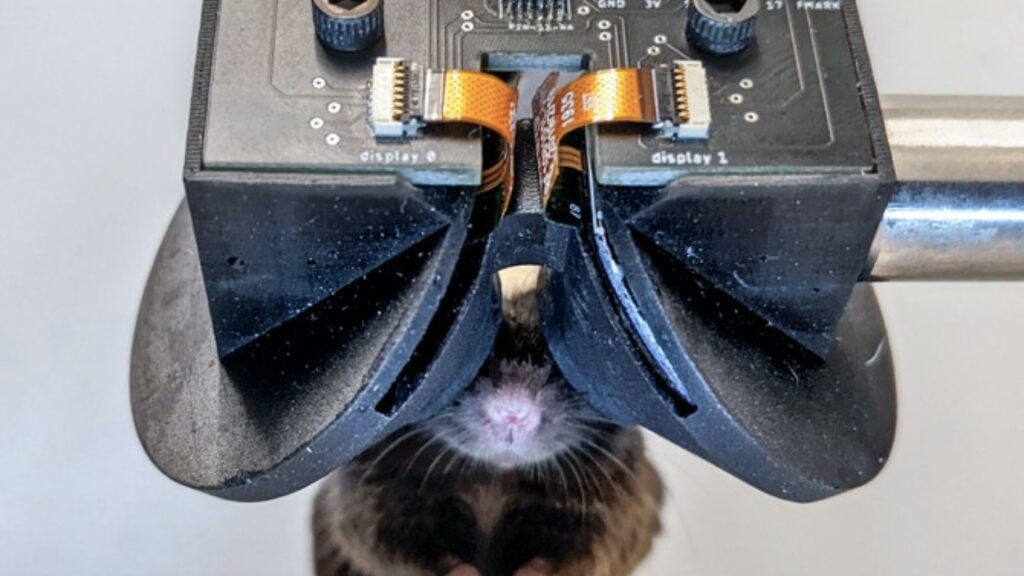
Never Trust What ChatGPT Replies: The Hidden Risks of AI
ChatGPT is a fascinating tool for generating content and answering questions, but it’s far from flawless. Blindly trusting its responses can lead to serious misunderstandings, misinformation, or even costly mistakes. Here’s why you should never fully rely on Ai writing tools and how to use it responsibly.
1. Shocking Truth: AI Is Not Always Right
AI Text Generator doesn’t “think” like humans. It generates answers based on patterns in its training data, which means:
- Misinformation Bombshell: Incorrect or outdated information can creep into its replies.
- No Fact-Checking Power: It doesn’t verify data—it simply presents what “sounds” correct.
2. Dangerous Oversights: Missing Context and Nuance
AI struggles to grasp subtle details, which can lead to:
- Costly Misinterpretations: Ambiguous questions often result in irrelevant or incorrect responses.
- Shallow Explanations: Complex issues might be oversimplified, leaving you with an incomplete picture.
3. Startling Reality: ChatGPT Fabricates Information
One of AI’s most alarming tendencies is “hallucination,” where it generates completely false but plausible-sounding content:
- Fake Data Alert: It might invent statistics, references, or facts.
- Confident Lies: These fabrications are delivered with conviction, making them hard to detect.
4. AI’s Weak Spot: Zero Real Expertise
AI Assistant is not an expert in any subject. It cannot:
- Solve Real-World Problems: It lacks critical thinking and real-world adaptability.
- Handle Specialized Scenarios: Nuanced or technical queries often yield shallow or incorrect responses.
5. The Dark Side: Ethical and Bias Concerns
AI can unintentionally generate harmful or biased content because it mirrors the flaws in its training data.
- Cultural Missteps: Responses can be insensitive or inappropriate.
- Reinforced Prejudices: AI may amplify stereotypes if not carefully monitored.
How to Outsmart AI: Use ChatGPT Responsibly
Don’t fall into the trap of over-relying on Chatbot. Instead:
- Double-Check Everything: Always verify replies with trustworthy sources.
- Be Laser-Focused: Provide detailed questions to minimize ambiguity.
- Use It as a Spark, Not a Solution: Treat AI as a brainstorming partner, not a final authority.
- Know Its Flaws: Remember that AI Text Generator lacks emotion, reasoning, and real-world insight.
Don’t Get Fooled—Stay Smart
AI Chat Agent is a powerful ally, but it’s also a risky one. Its answers can enlighten, but they can also mislead. Never trust ChatGPT replies blindly—always fact-check, question, and critically assess the information. Use it as a tool, not a crutch, and you’ll stay one step ahead of its limitations.








